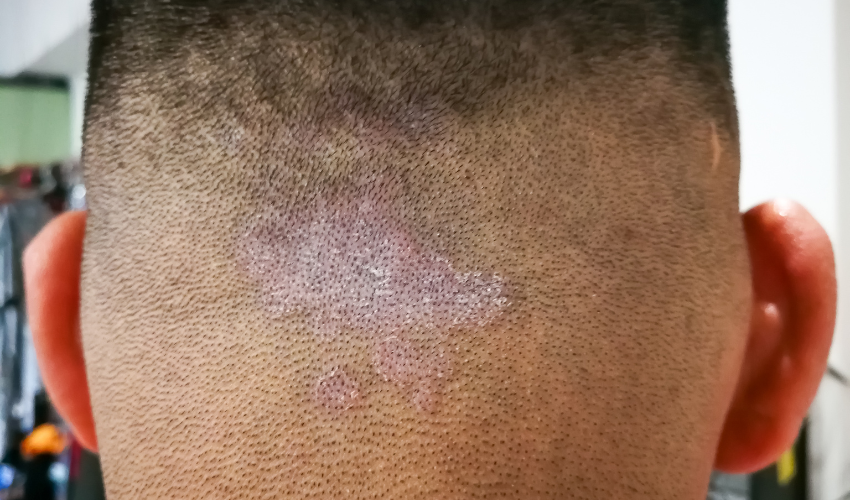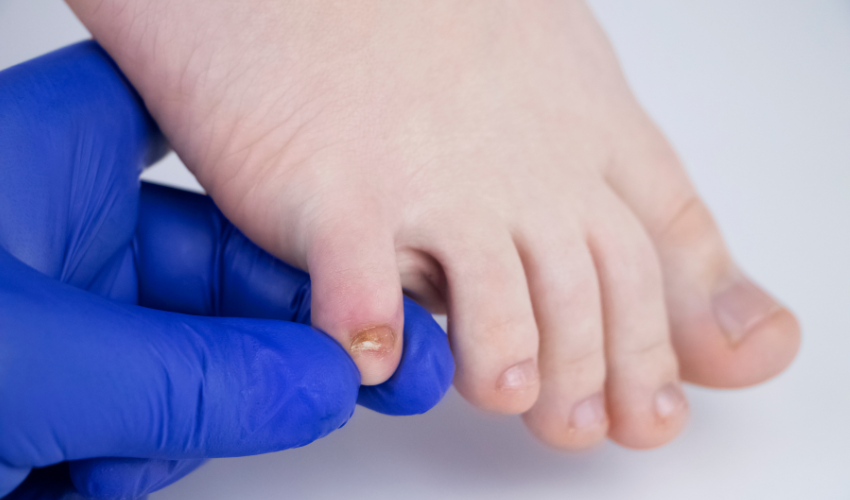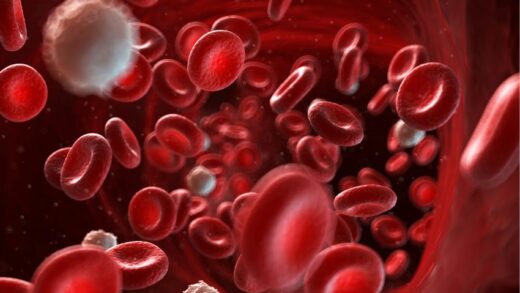Fungal infections are caused by various types of fungi that can thrive in different environments, such as soil, water, plants, and animals. Some of these fungi are harmless, while others can cause infections in humans. Types of fungal infections can range from mild skin infections to severe systemic infections that can be life-threatening. In this article, we will discuss the different types of fungal infections that affect humans, their symptoms, causes, and treatment options.
Types of Fungal Infections:
- Athlete’s Foot (Tinea Pedis):
Athlete’s foot is a common fungal infection that affects the skin on the feet and toes. It is caused by the fungus Trichophyton, which thrives in warm and humid environments. The infection can cause symptoms such as itching, burning, and peeling skin on the feet. - Ringworm (Tinea Corporis):
Ringworm is a fungal infection that affects the skin on the body, scalp, and nails. It is caused by different types of fungi, such as Trichophyton and Microsporum. The infection can cause symptoms such as red, scaly, and itchy patches on the skin. - Jock Itch (Tinea Cruris):
Jock itch is a fungal infection that affects the skin in the groin area. It is caused by the same fungus that causes athlete’s foot. The infection can cause symptoms such as itching, redness, and flaking skin in the groin area. - Candidiasis:
Candidiasis is a fungal infection that affects the skin, mouth, and genitals. It is caused by the Candida fungus, which is a type of yeast. The infection can cause symptoms such as redness, itching, and discharge in the affected area. - Aspergillosis:
Aspergillosis is a fungal infection that affects the lungs and can spread to other organs in the body. It is caused by the Aspergillus fungus, which is commonly found in soil and decaying organic matter. The infection can cause symptoms such as coughing, wheezing, and fever. - Cryptococcosis:
Cryptococcosis is a fungal infection that affects the lungs and brain. It is caused by the Cryptococcus fungus, which is commonly found in soil and bird droppings. The infection can cause symptoms such as headache, fever, and confusion.

Symptoms of Fungal Infections:
- Skin rashes and itching
- Redness and swelling
- Flaky or scaly skin
- Pain or discomfort
- Discharge or foul odor
- Coughing or wheezing
- Fever and chills
Causes of Fungal Infections:
- Weakened immune system
- Exposure to contaminated environments
- Poor hygiene
- Skin-to-skin contact
- Sharing personal items
- Taking antibiotics or steroids
Prevention of Fungal Infections:
- Practice good hygiene
- Keep skin clean and dry
- Avoid sharing personal items
- Wear clean and dry clothes
- Wear protective footwear in public places
- Use antifungal creams or powders

FAQs:
- Can fungal infections be contagious?
Yes, some fungal infections can be contagious and spread from person to person. - Can fungal infections be treated with antibiotics? A: No, fungal infections are caused by fungi, not bacteria, so antibiotics are not effective in treating them.
- Are fungal infections more common in certain populations?
Yes, people with weakened immune systems, such as those with HIV/AIDS, cancer, or diabetes, are more susceptible to fungal infections. - Can fungal infections be prevented?
Yes, practicing good hygiene, keeping skin clean and dry, and avoiding sharing personal items can help prevent fungal infections. - What are the treatment options for fungal infections?
Treatment options for fungal infections include antifungal creams, powders, or pills, depending on the severity and location of the infection. In severe cases, hospitalization and intravenous antifungal medication may be necessary.
Conclusion
Fungal infections can be caused by various types of fungi and can affect different parts of the body. The symptoms of fungal infections can range from mild to severe, and treatment options depend on the location and severity of the infection. It is important to practice good hygiene and avoid sharing personal items to prevent fungal infections. If you suspect you have a fungal infection, consult a healthcare professional for proper diagnosis and treatment. By understanding the different types of fungal infections, their causes, symptoms, and treatment options, you can take proactive steps to protect yourself and maintain optimal health.






















